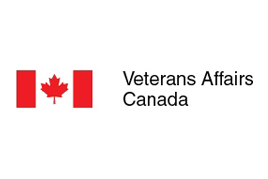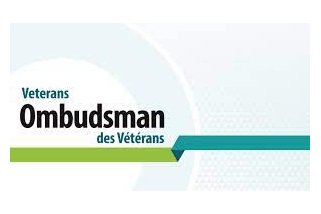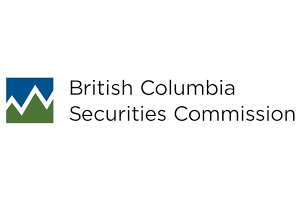Give clear guidance people can follow
This course trains teams in health and safety, compliance, engineering, human resources, IT, and other areas to turn complex requirements into clear, usable guidance documents.
The content applies to drafting SOPs, guidance documents, internal policies, governance documents. You’ll learn to:
organize information to be easy to find, understand, and act on
use a clear, accessible style that reduces both confusion and risk
remove jargon and ambiguity
distinguish between policy and procedural steps
usability test documents to confirm they will work
Effective Policies and Procedures
Some of our clients
Associated Engineering
British Columbia Securities Commission
Canada Energy Regulator
Canadian Investment Regulatory Organization
Cities of Calgary, Edmonton, Red Deer, Vancouver, and more
FortisAlberta
ISL Engineering
MacKenzie Valley Land and Water Board
Office of the Veterans Ombudsman
Ombudsman for Banking Services and Investments
Workers’ Compensation Board
Verra
Workshop details
We customize our workshops to your organization, team, documents, templates, and style guides
-
In-person—1 day (8 hours)
Live webinar—2, 3.5-hour sessions on Zoom (split over a few days or a week).
-
Anyone who writes or reviews policies and procedures will benefit from this session.
The course applies for:
new policy and procedure writers
experienced writers who want to be able to draft faster and create stronger analysis
reviewers and leaders who guide and review writers’ work
-
We meet with you to discuss your group's challenges and goals
You send us a series of representative documents
We analyze your documents
We customize our course material using excerpts from your documents
Structure documents to make them clear to multiple users
Create policies and procedures people will follow
What you’ll learn
Draft strong policies, procedures, and guidance documents faster and more confidently
Create shorter, clearer documents
Organize complex information and processes effectively
Understand the right level of detail to include
Use a clear, accessible style and remove jargon and ambiguity
Clarify content questions about roles, responsibilities, decision-making processes, and document types
Use formatting and document design to improve readability
Use templates effectively
Reduce the number of edits
Create consistency in multiple documents created by multiple writers
Avoid common problems in policy documents
Understand how policies and procedures should relate to each other

This was fantastic training. The material was great, and it is applicable. It makes sense and I will use it daily.
The training was incredibly helpful. I plan to evaluate my writing through the lens of “what does the reader need to complete these steps?”.
It was great to see relevant examples of other policies and procedures, so I could model the same structure. I was able to get a good chunk of the policy done during the course. Thank you!






















































